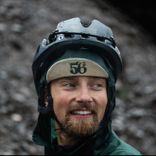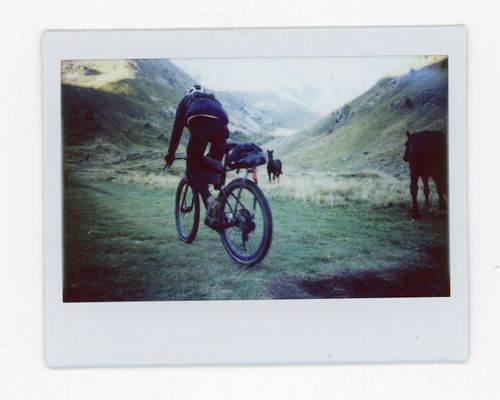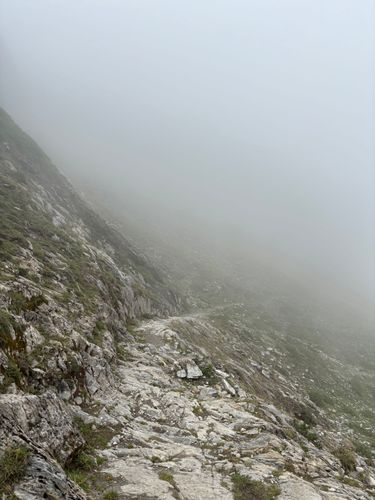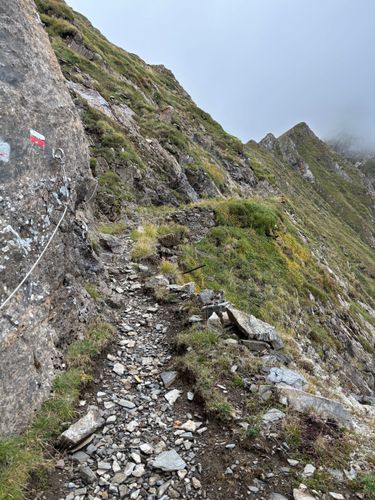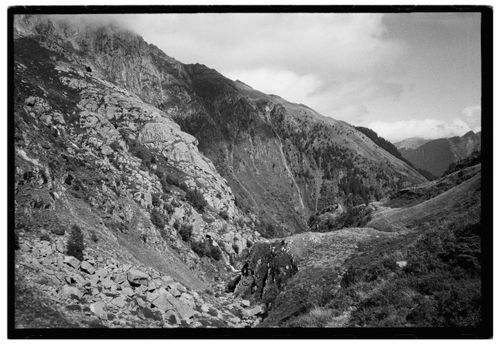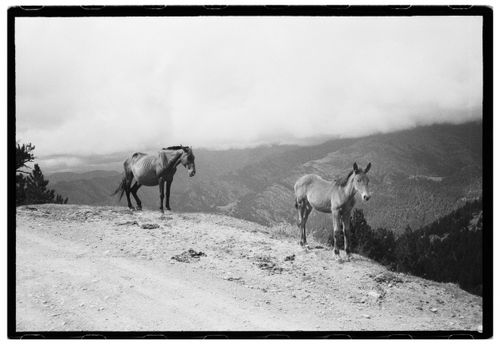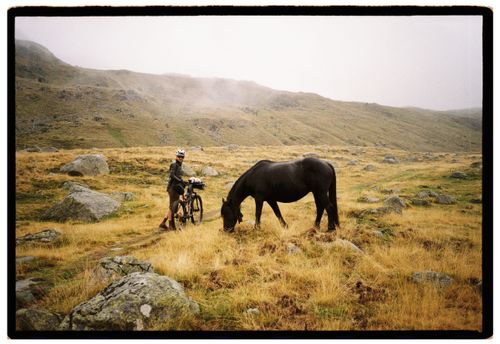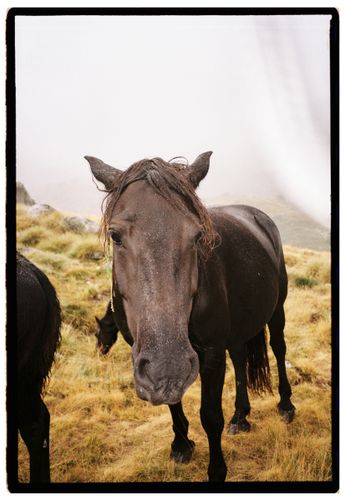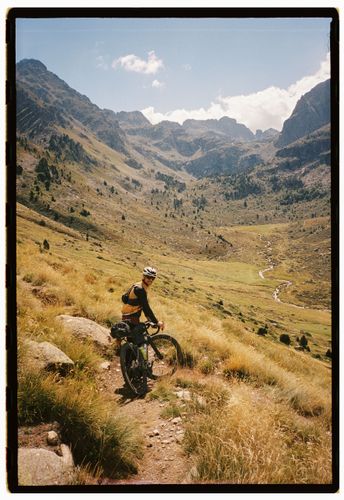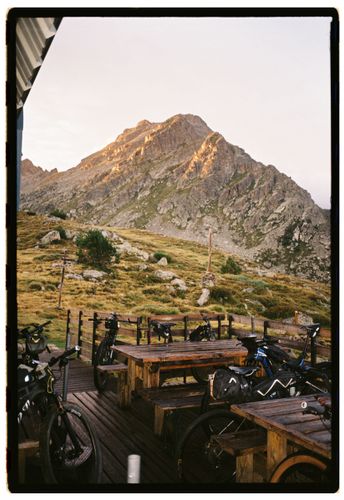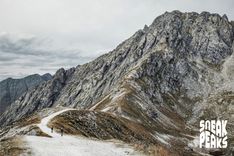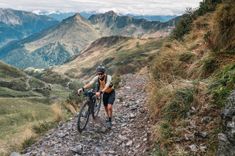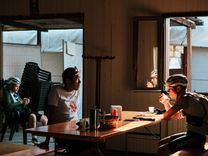The FRTHR event in the Pyrenees is one of my favourite events. I am returning to race it again and again. If you include the one year it was Le Chemin (de la liberte) and crossed from the Basque Country all the way to the mediterranean sea, I actually rode it 3 times now.
It is one of the hardest events I’ve ever done. Its absurd hike-a-bike sectors make you question if you should have brought a bike at all. This year there weren’t even 10 finishers.
The event attracts more and more people and to be very honest only few are trained and experienced enough to persevere through this course. And honestly that is fine.
FRTHR is representing some of the hardest events on the calendar and even starting the race shows you have some real courage. (Hoping you did the research and preparation needed.)
At the same time the event offers unique access to forgotten paths and historically rich passes in the Pyrenees.
The route is partially self planned, linking up those sectors and traverses the borders between France, Andorra and Spain multiple times. I feel it is getting mistaken for what it is, the epic and brutal imagery casting an image that leaves too much out of the picture.
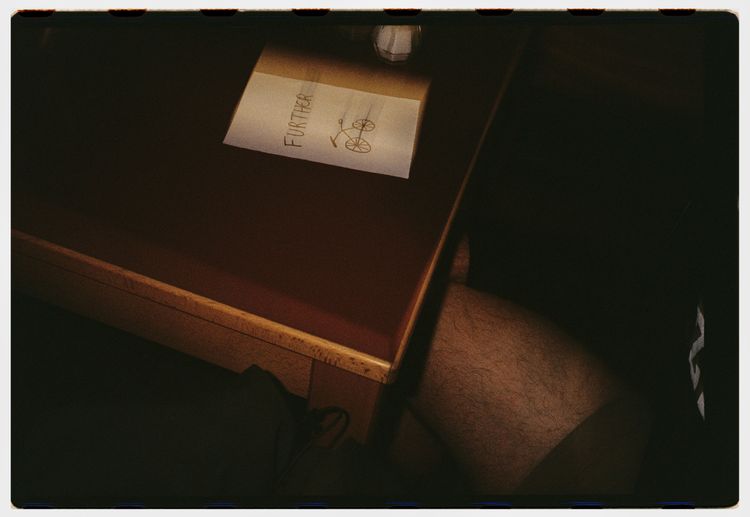
The absurdity of the event
To get to the Start at Refuge du Rulhe you will have to hike your bike up to the hut. Depends on your speed how long it will take you. But you should plan 2 hours for the exhausting hike.
At the hut you are rewarded with an amazing panorama of the mountains around. The crew at the hut are amazing. Warm food, local drinks like pyrenees cola. Bunk beds in a dormitory.
If you’re lucky you might still get some warm water from the shower.
When you are starting in the morning you can carry your bike again to get off the mountain towards rideable trails and roads. The sharp contrast of fast rolling tarmac followed by exhausting and technical hike-a-bikes is what characterises the event.
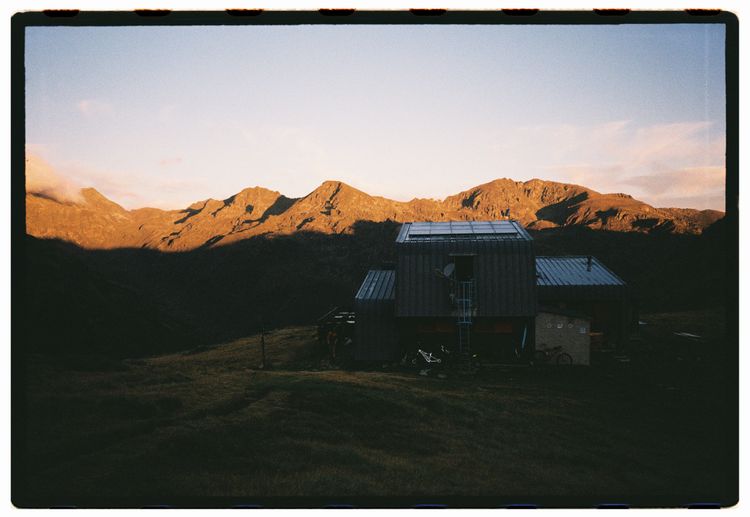
FRTHR Perseverance was one of the first events to include long hike-a-bikes and since then it has become fairly regular in bikepacking events. However, it feels that the recent trend for adventure cycling and the imagery connected to it dilute the image of how hard Perseverance is as an event.
It’s not a few sections where you push your bike for 30 minutes here and there. Nearly all the sectors are brutal hike-a-bikes in which you carry your bike for hours on end.
Some of the terrain can be described as highly technical and this year’s boulder field down Port de l’Artigue clearly pushed the edge in what is possible and safe to do with a bike on your back.
I chose my beloved Quoc GT XC shoes and with rain and slippery rock slabs to climb down this became a very unpleasant and dangerous experience. For this one ride they were not the correct choice and that's on me.
Those sectors and places are not in there for the sake of being hard though…
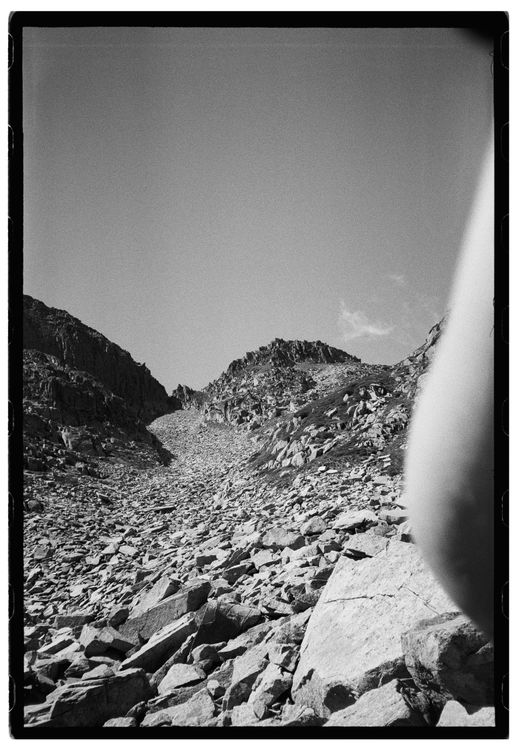
The beauty that comes with it
Europe’s history is deeply rooted in the Pyrenees. A mythical mountain range dividing the Iberian Peninsula from the European main continent and France.
The Pyrenees are a natural border that make it an important trade route but also pilgrimage route, an escape route for those fleeing from Nazis and much more.
The history is still there. Hidden in between the mountains, forgotten paths cross the range and show the remainder of forgotten times and memories.
The Pyrenees are wild. They are fulfilling the promise the alps give, but tourism has taken it from us to a large extent. The vastness of the landscape, sometimes not having any civilisation for 50km plus and the lack of infrastructure makes it harder to access the heart of the Pyrenees and because of that, history is there for us to touch. Ruins of old, abandoned mining villages and ruins of cable cars enabling transport and trade across the borders. It’s all there.

Camille is creating something that’s more performance art rather than a classical bike race. He is weaving those historic passes, paths and places into a disconnected web of sectors to be connected by participants. The obvious choice 90% of times is to choose a smooth tarmac road to get to the next sector, however that doesn’t take away from your ride. Those small tarmac roads are pleasant, sometimes even exciting to ride. You might even randomly go over one of the famous Tour de France or Vuelta climbs.
French and Spanish drivers are way more relaxed than what at least I am used to and the food… Uff, yeah the food is amazing! A French Boulangerie for breakfast must be a cyclist's paradise.

It’s not (only) a bike race
So while you obviously have to bring your bike and whatever bike you will choose will be the fastest transport to complete the course, you will spend nearly as much time on the bike as you will be walking WITH your bike.
The brutal reality is that there are a lot of sections on this course that you will not ride. Some will be technical enough that some experience in Alpinism will surely be helpful. That doesn’t mean the course demands advanced skills in climbing etc, however it does take some experience in judging yourself.
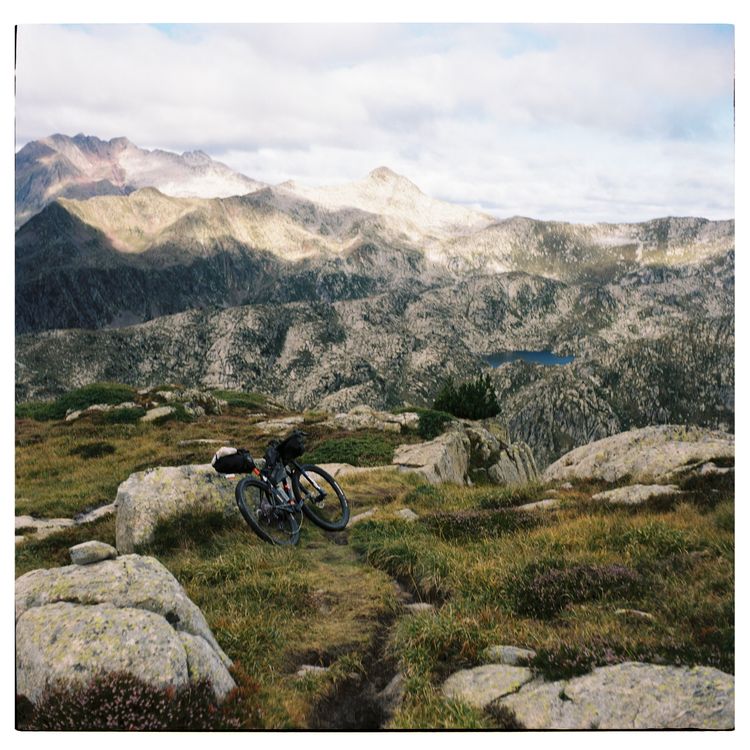
How much time will I need for this climb? How fast can I descend on this terrain? Where can I sleep, and where is it safe to sleep?
Will the weather shift suddenly? Do I need to find shelter and if until what point will I find safety in that rugged mountain landscape?
Apart from this you will need to carefully evaluate your resupply situation. If you miss a resupply or are too late you will have to spend a long time with the food you have on your bike and no option to stock up more.
Those skills make the race so exciting for me. They are what challenges me, makes me spend hours on research and preparation. It is that feeling of uncertainty and maybe even fear I don’t get from other races anymore.
I am circumnavigating the word adventure here as that is a word that is suffering from abuse these days. You’re riding your bike. Not exploring a new hostile part of the world no one’s been to before.
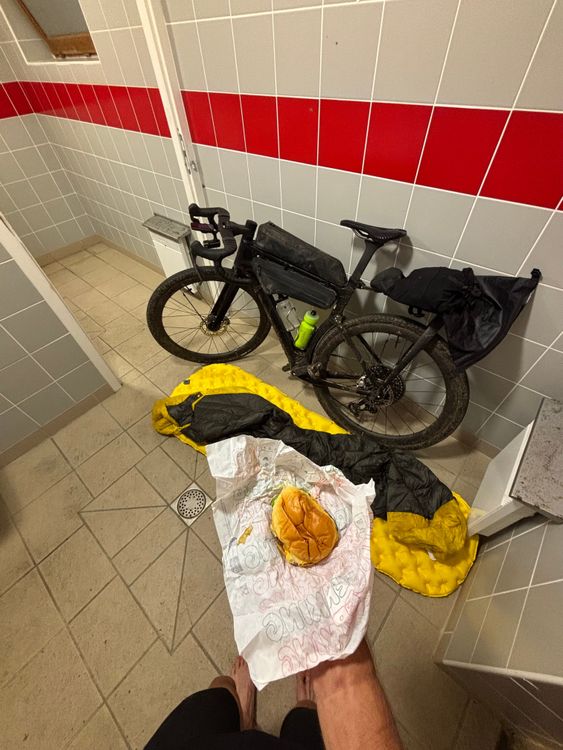
It’s never going to be easy
Still in a time where everything is so streamlined and it is so hard to escape the stress of every day routines and a 24h, always on, digital life we have right now. Remote and exceptionally hard bikepacking races are the only moments in my life where I can forget about everything else. Where I can focus on the task of just finishing this ride. Where I am forced to make decisions on the go and be flexible, focusing on constantly solving small problems and finding solutions.
It is rewarding.
It is the most clearing experience for your head, the exhaustion and realising what you have accomplished form memories that stick with you for a long time.
I’d argue that if you don’t work hard for it, if you don’t have to push through difficulties and go towards the edge of what you think you're capable of, you will not remember this accomplishment as sharply.
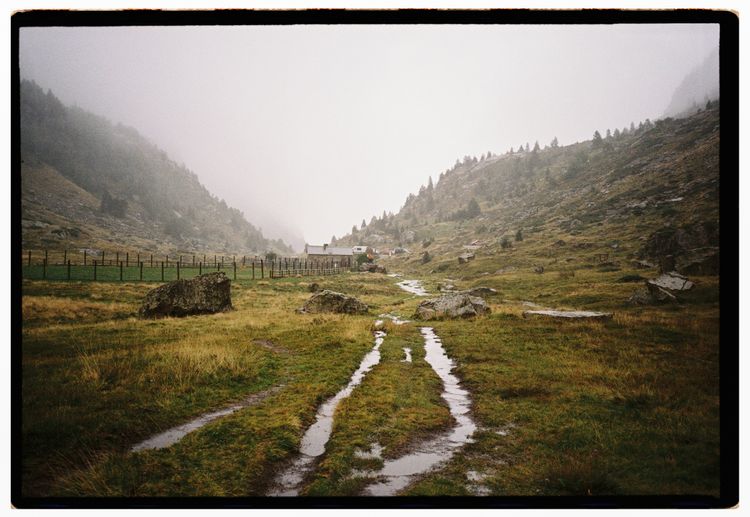
Cut from a different cloth
The final thing that makes me love the FRTHR events and Perseverance in particular is the people and the community it attracts. Something has to be slightly off with you to show up to a bike race which requires you to carry your bike up to a mountain hut first.
It requires a special mindset to prepare yourself to carry your bike and kit on your back for hours on end. To nervously study weather maps and think about tires and shoes to suit the conditions.
Mapping out a route and try to be the fastest person in an event that doesn’t offer any price money or reward apart from a pat on your back and maybe a paper map.
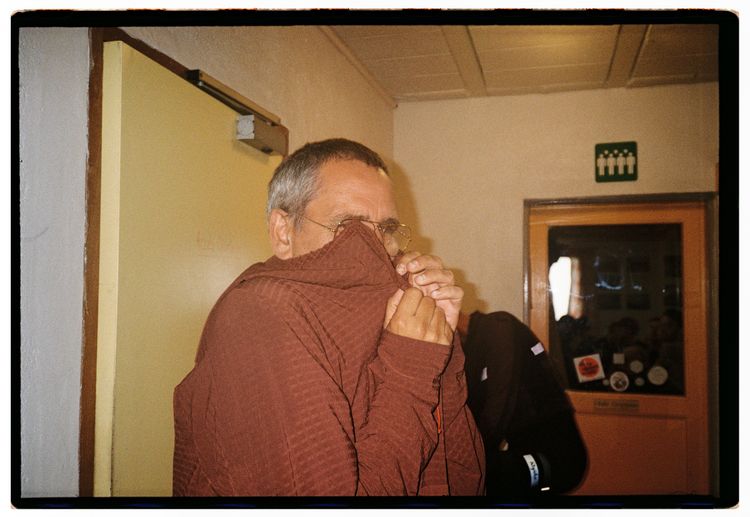
Connecting with this community at the events is just so pleasantly easy. I always meet new people at events, it always feels like we know each other forever. Everyone has their own peculiarities, their little abnormal ticks in how they prepare or approach events, but everyone is coming here because they seek the same experience. Because they know they will meet their own little bubble.
The most beautiful thing about this community is they don’t judge. If you are coming to your first bikepacking event the atmosphere is very different from UCI races. It is a true community and everyone will support another. You are not competing against the guy or girl next to you, you are competing against yourself. You are trying to set the fastest time possible. It is unique and beautiful.
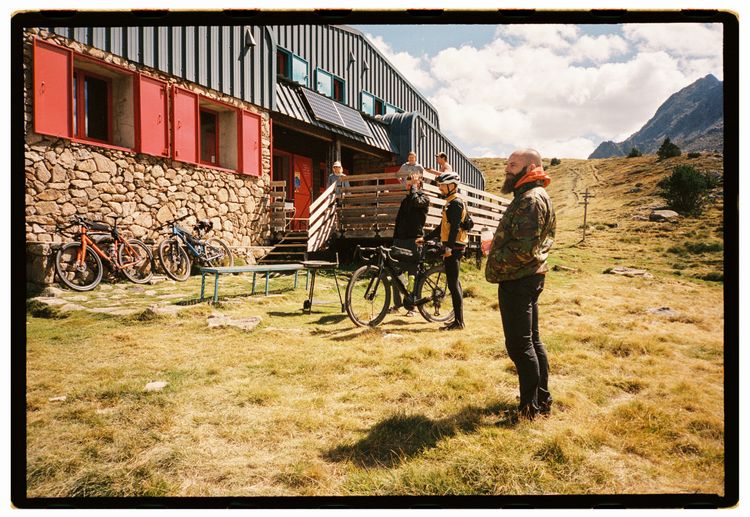
That being said with the success of gravel and bikepacking and the attention the races that often get labeled “Adventure” get, new people get drawn to those events.
Often wildly underprepared, often expecting something that couldn’t be further from what will hit them. That is not to attack those people, but generally it is important that not all events you can register for offer all around security. Some are pushing boundaries and you are responsible for finding your way out of it!
I am glad about every person that starts cycling, I am excited for our little bikepacking community growing and fresh ideas coming into it and while all of this is happening I hope that the spirit of this community will persevere.
As you will know once you participated in your first event it is highly addictive.
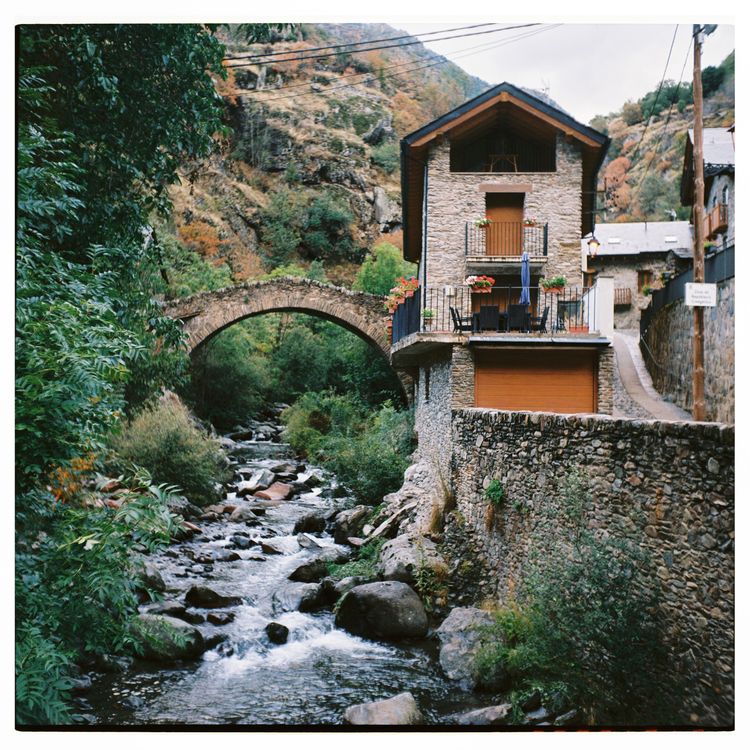
A pretty bad race report
With all those words I haven’t mentioned anything about how the race went. I did mention one section of the race that was significant to the outcome, but somehow it felt more important to talk about why I return to this race again and again. The effort that goes into putting the event and the route together, the thought and ideas that go into the whole story behind it.
So while this is probably the worst race report possible this is a good moment to say thank you to Camille. Thx for organising those events. Thank you for doing things differently and thank you for burning those images into our brains that are so different and so wild we truly feel we escape our every day routines.

Thank you to the people that are always there and support the event. Ben, Tom, Simone, only to name a few. The famous Ramen noodles are definitely leaving a mark.
And thank you to 7mesh for sending me to all FRTHR events this year and supporting the events I love and crave.
